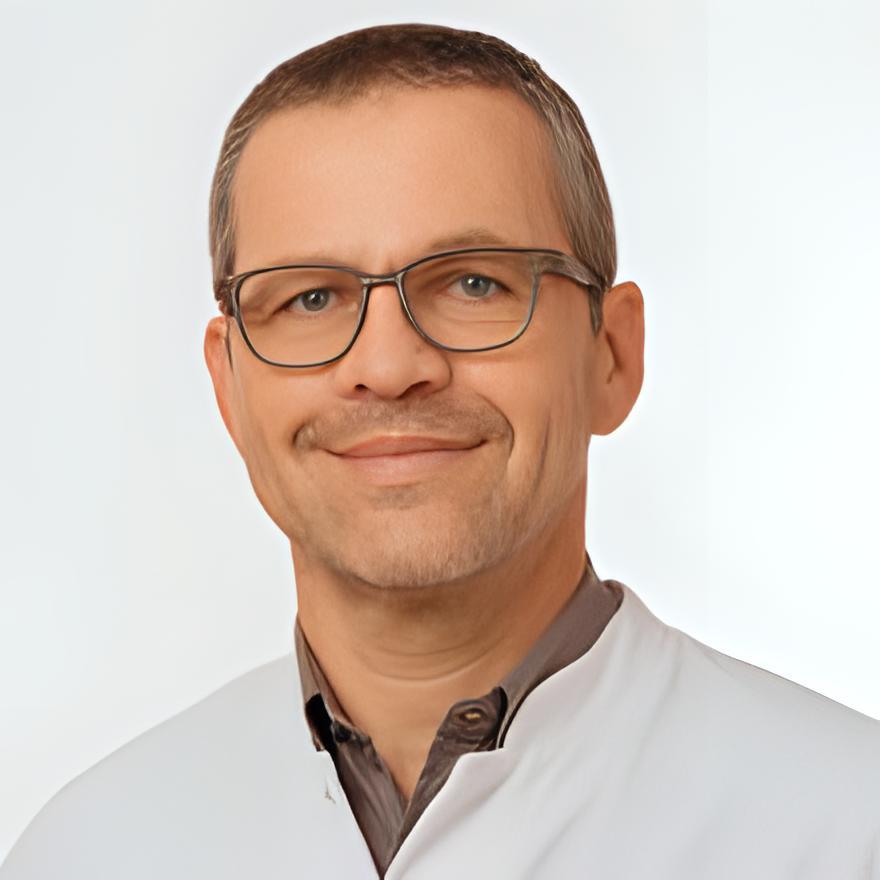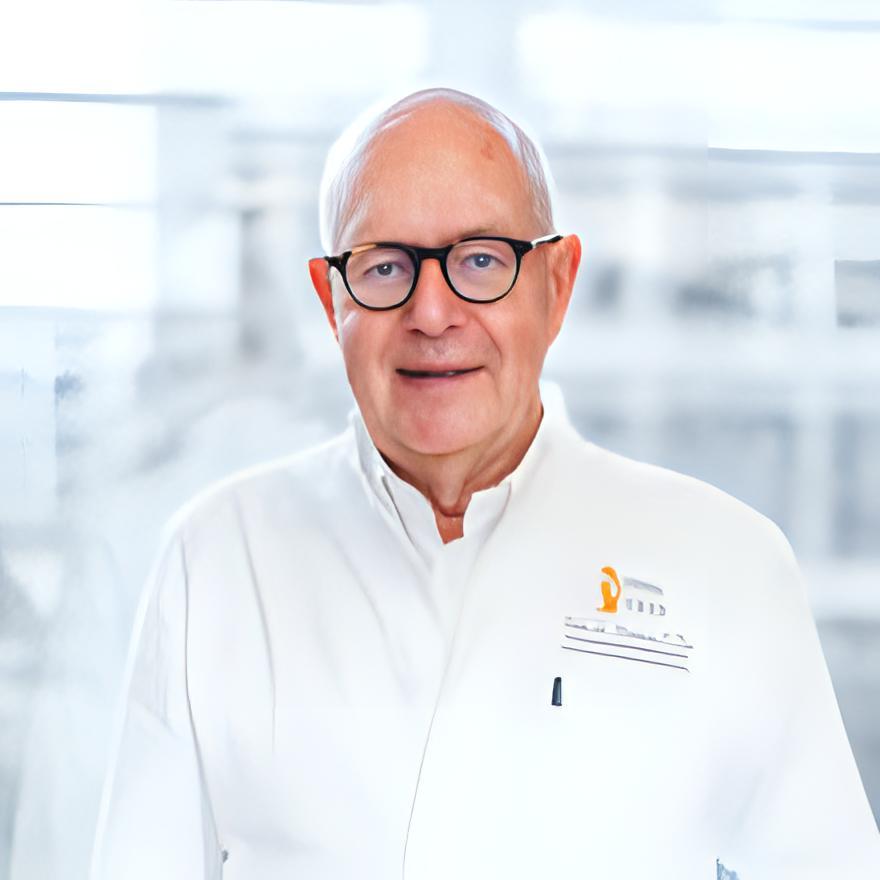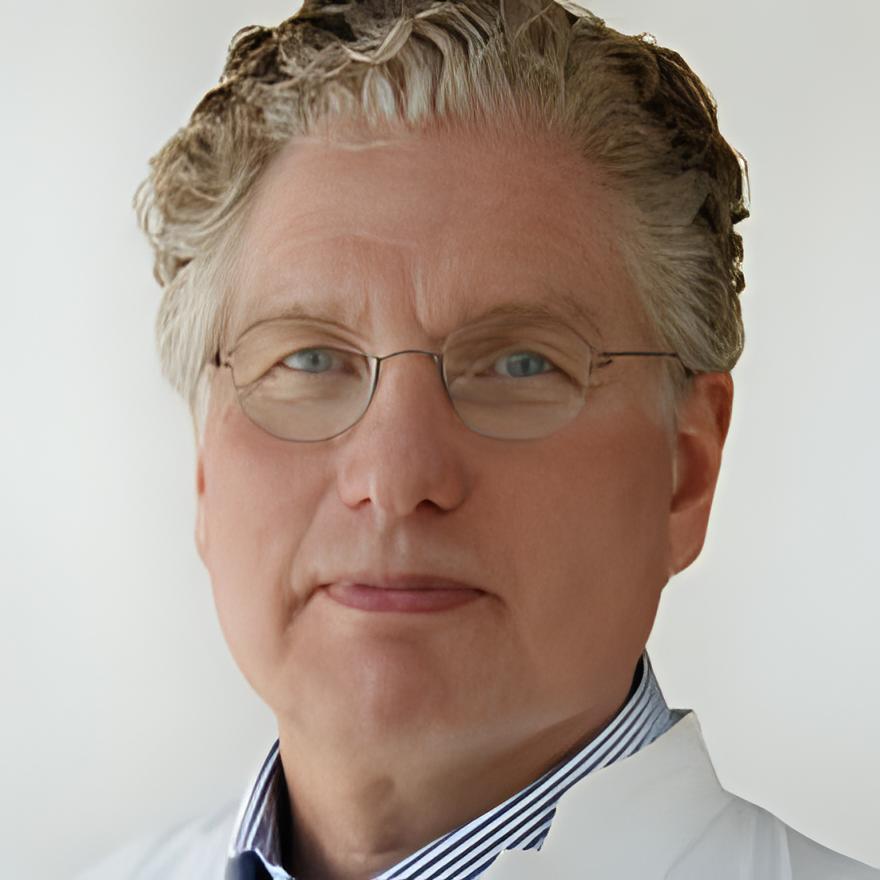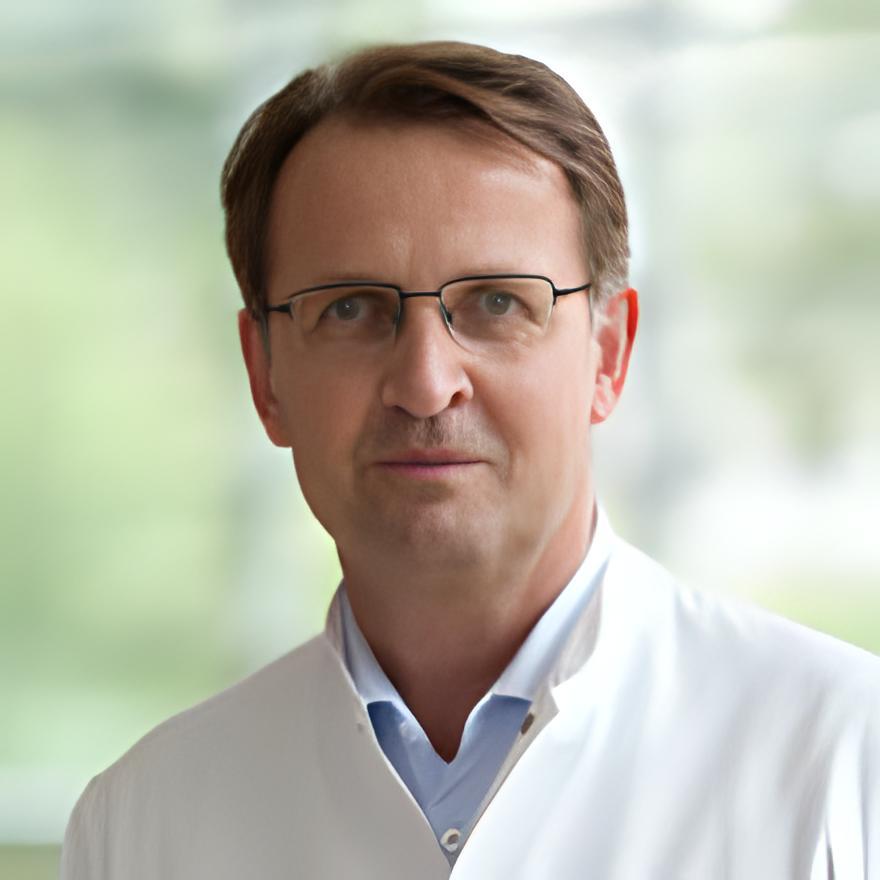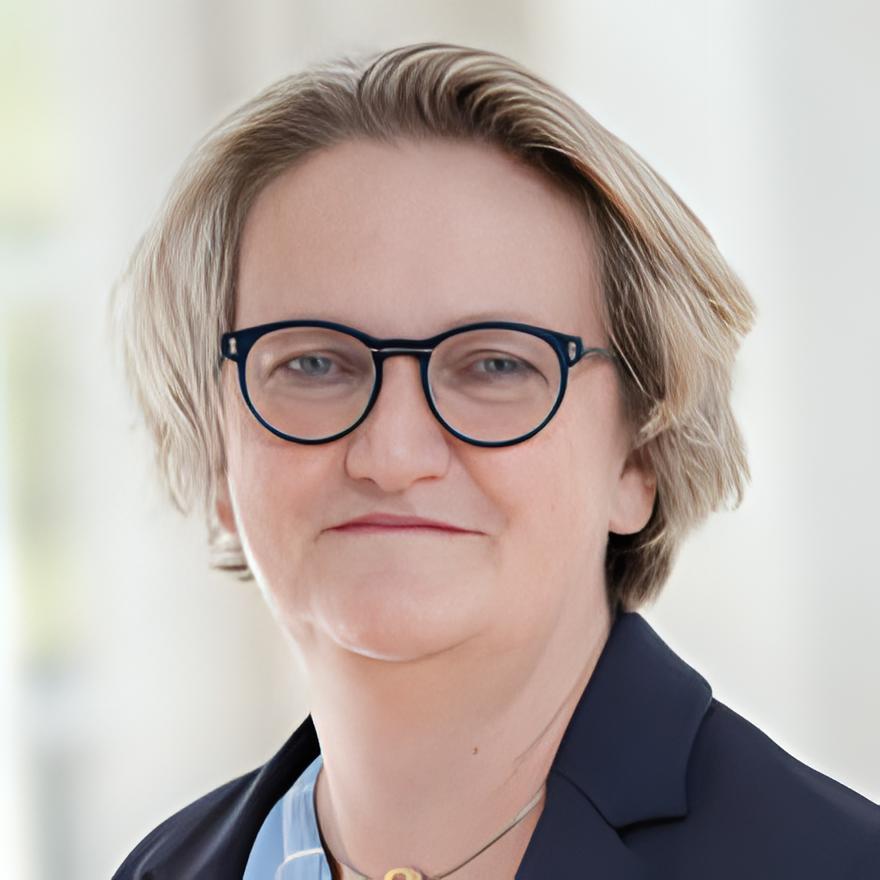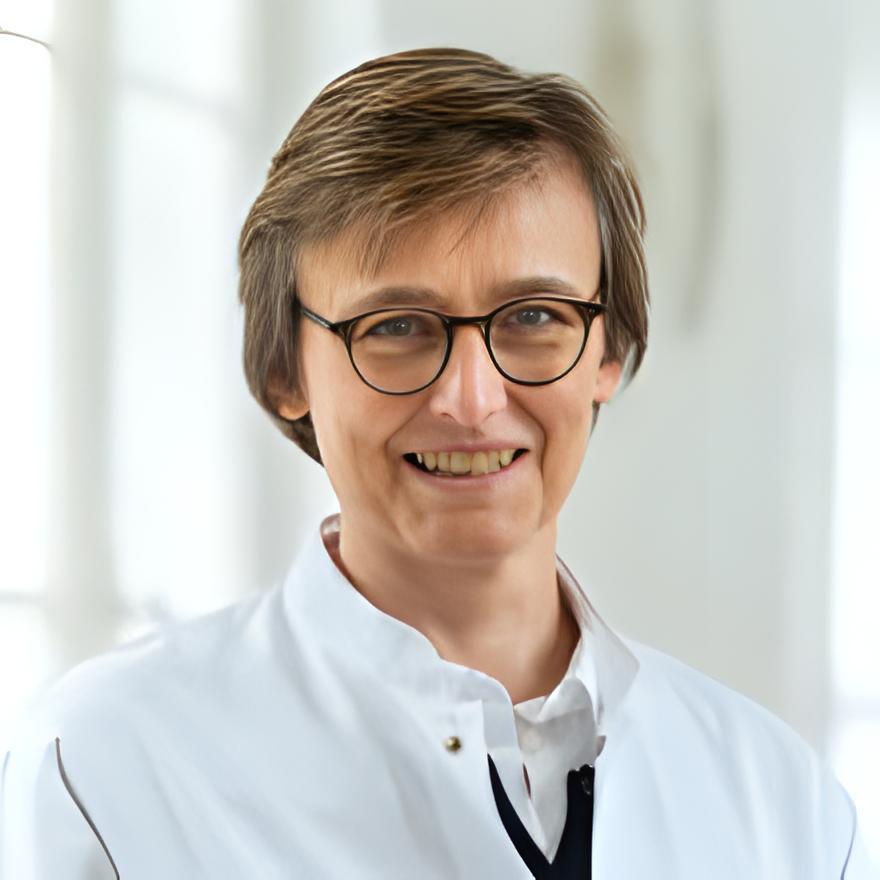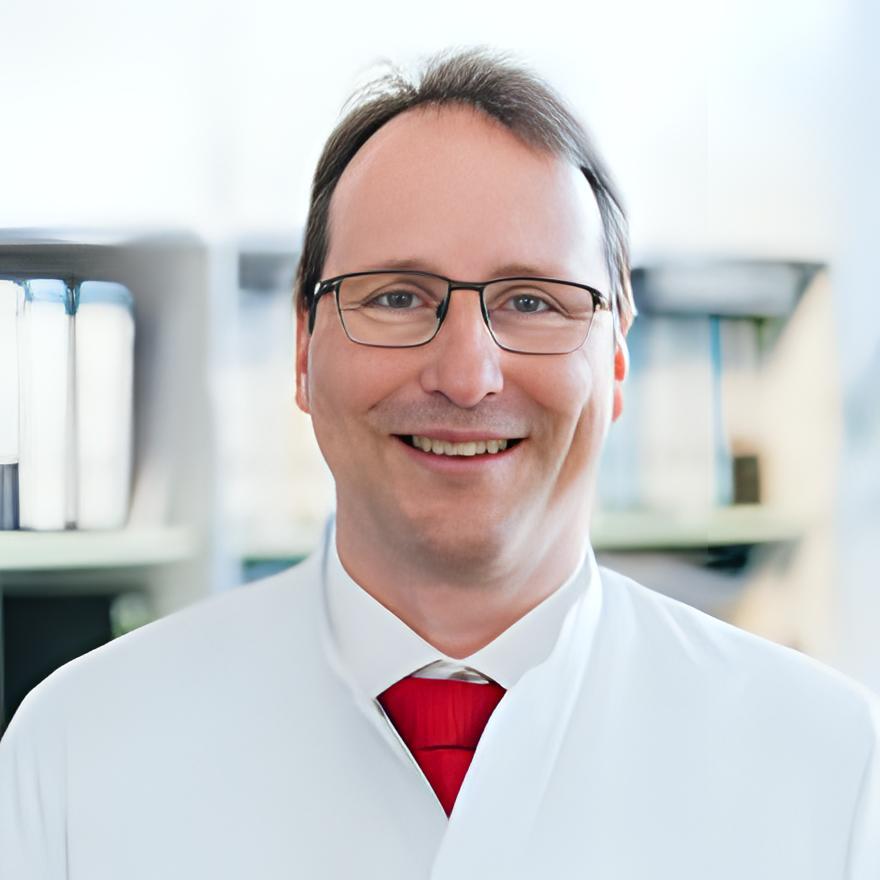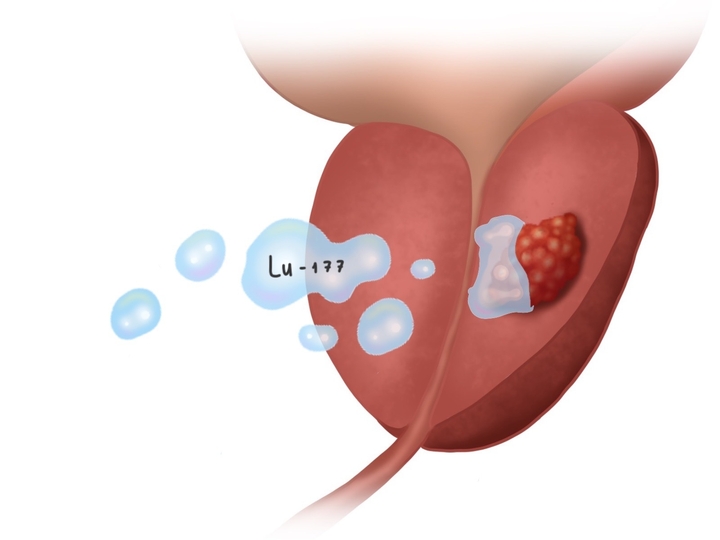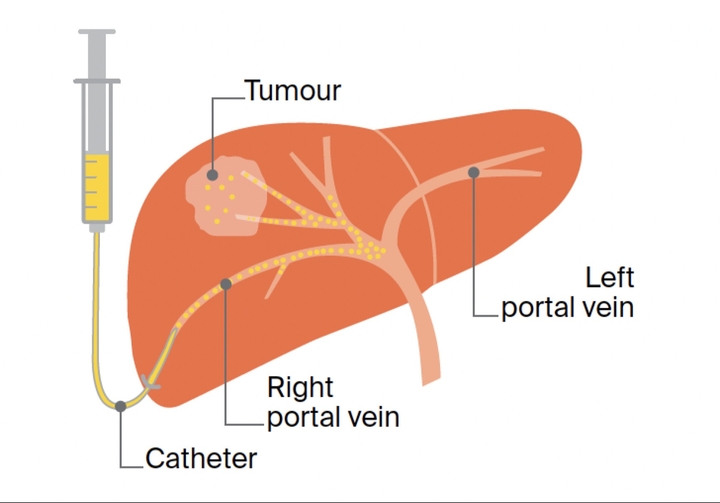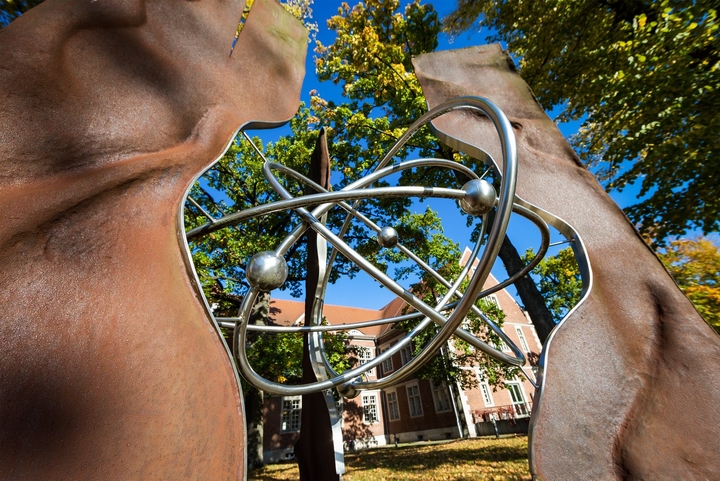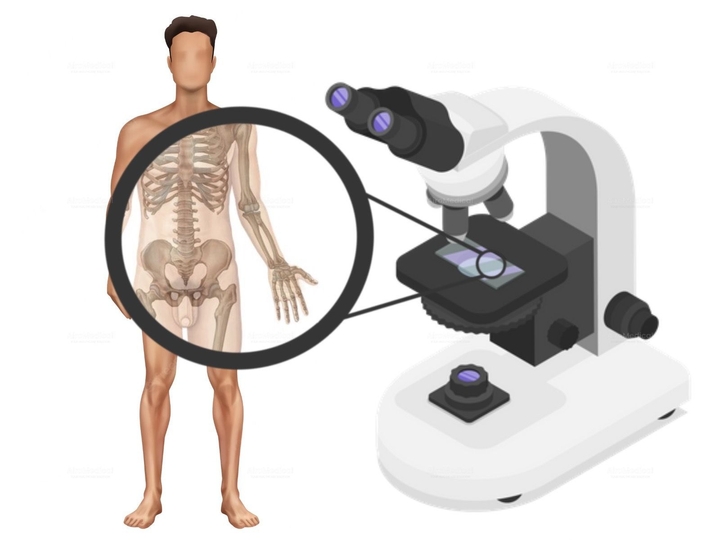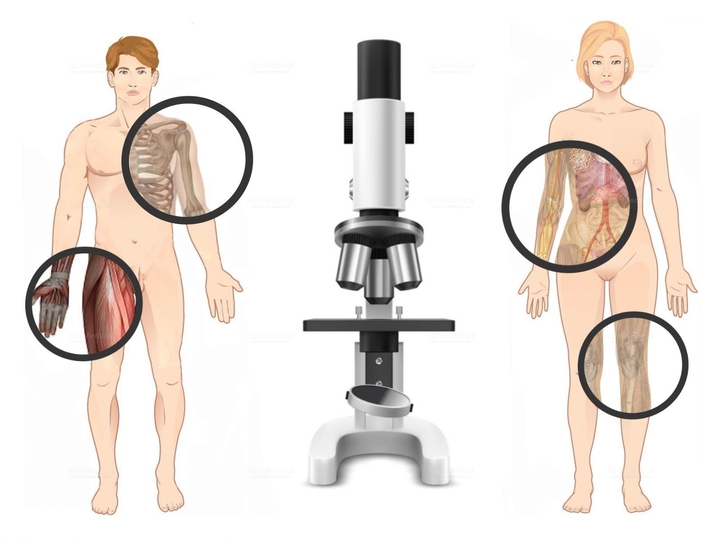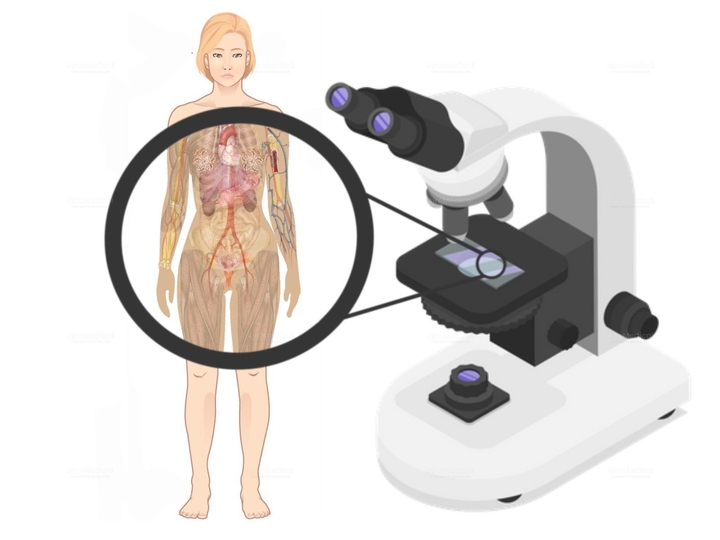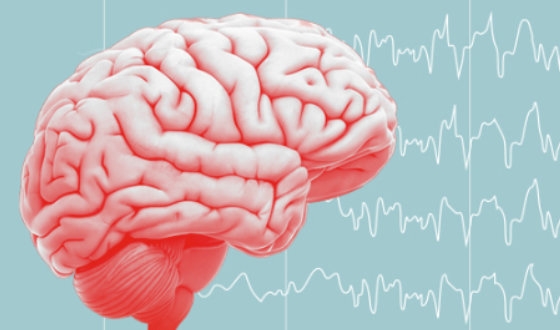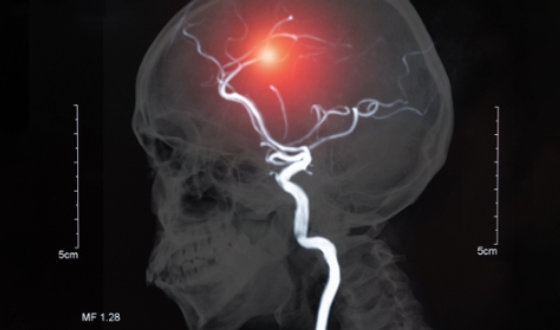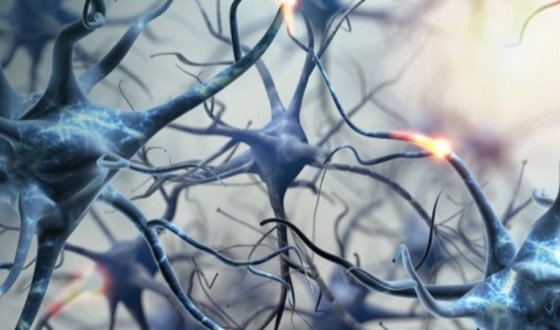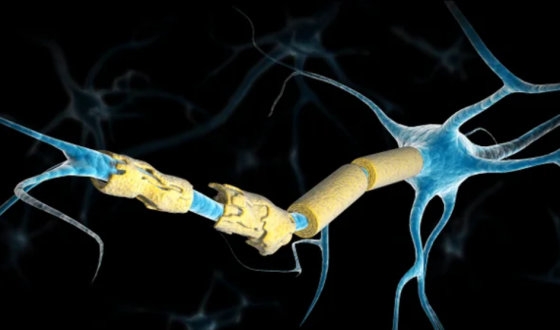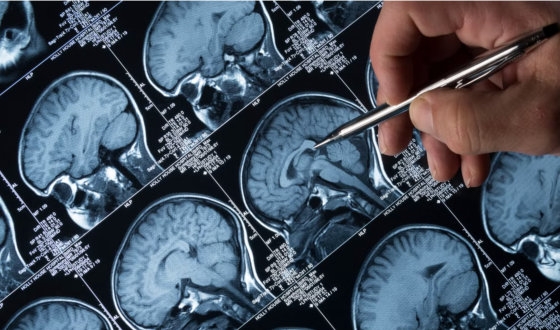Neurology Worldwide: Best Hospitals, Doctors, Options, & Cost
The nervous system plays an essential role in the body, linking it into a whole. Therefore, "nerves cause all diseases" has a deep meaning. The nervous tissue is vulnerable to the effects of various factors. It has a low ability to recover from diseases and injuries. Therefore, treating neurology requires unique methods, modern equipment, and highly qualified specialists.
Dementia, Parkinson's disease, epilepsy, and stroke are the most common neurological diseases that do not allow people to enjoy life fully. The achievements of world-class medicine make it possible to stop epileptic seizures and postpone the development of Alzheimer's disease for decades.
Best neurology clinics worldwide
Key factors when selecting a neurology center
When seeking neurology treatment, choosing a hospital and neurologist is crucial. Ensure that recognized international medical standards like JCI accredit the facility. Research their treatment protocols, ensuring they conform to international standards. Choose a clinic and neurologist specialized in your condition.
Review the doctor's qualifications, including education, internships, certificates, and conference participation. Evaluate the hospital's equipment and innovative therapeutic techniques. Affiliation with universities indicates access to cutting-edge research.
Patient feedback provides valuable insights into care quality. Consider cost-effectiveness; ensure precise upfront cost estimations are provided. Assess insurance options and recourse in case of medical errors. Finally, trust your instincts regarding the hospital and doctor. Utilizing a medical provider can alleviate organizational burdens, allowing you to focus on recovery.
Top neurology doctors worldwide
A simple way to choose the right neurologist
If you're dealing with issues with your brain or nerves, finding the right doctor to help you is essential. Look for a highly experienced neurologist who can recognize and explain different health problems, like movement disorders or memory issues.
Check if they have top qualifications from respected groups like EFNA. It shows they're dedicated to good patient care and can diagnose problems accurately. It's also good if they're part of professional groups because it demonstrates they are up-to-date with new treatment methods.
The best doctors care about their patients and make a treatment plan that fits them. They work with experts to look after all your health problems. They should also use the latest equipment to help diagnose and treat you. Check out their scientific work and other patients' opinions about them to get a complete picture of their skills. Always remember that the best doctor for you should meet your specific health needs.
Diagnosis used in the best neurology centers
Every person is unique, and there are no two identical medical histories — every doctor will agree with this statement. Therefore, an essential role in neurology treatment is played by accurate diagnosis and correct assessment of the patient's general condition, characteristics, concomitant diseases, and other prognostic factors.
Accurate neurological diagnostic tools
More specific tests
After performing the necessary studies, a concilium of doctors establishes a diagnosis and prescribes a neurology treatment regimen, which may include several protocols.
These current diagnosis methods of neurology make it possible to detect nervous disorders at the earliest stages and start therapy on time.
Top offers
Advanced treatment solutions in neurology
Functional neurology treatment abroad includes therapy methods for most central and peripheral nervous neurological illnesses. In addition, clinics in Europe, America, and Israel use several innovative ways to combat neurological disorders, among which are the following:
Latest neurological treatments and procedures
Advanced neurology treatments give hope and improve outcomes for neurology patients. Constant research and development are pivotal to these advancements. Top neurology hospitals and clinics worldwide contribute to this by conducting clinical trials and maintaining records of success rates.
Advanced medicines
To assist in accessing these groundbreaking treatments, AiroMedical conducts comprehensive analyses of annual reports from every top neurology clinic and hospital globally. We sift through various data, scrutinizing success rates, novel neurology treatment methodologies, and patient reviews to ensure you receive the most reliable and updated information.
This thorough research process enables AiroMedical to guide you to the most suitable neurologists, thus ensuring you benefit from the best neurology treatments available. We aim to empower patients with information and options; in doing so, AiroMedical helps them find the right neurology therapy for them.
Cost for neurology worldwide
Neurology€798 - 31,507
Advantages of medical tourism
Neurology treatment abroad is the choice of many patients whom doctors could not help at home for various reasons. But, as a rule, the reason lies in the insufficient development of medicine and the lack of innovative equipment.
Why check for neurology treatment beyond your home country?
Functional neurology treatment employs a systemic approach, treating neurological disorders symptomatically and restoring the brain's overall functionality.
AiroMedical offers the best of what exists today for treatment search and booking. Contact us, and we will provide complete information about the latest techniques and advanced neurology clinics with unique author's developments that have no analogs worldwide.
Trust professionals to take care of your health. And favorable climatic and social conditions, as well as the comfort and excellent service of a foreign neurology center, will help to defeat the disease and contribute to a speedy recovery!
How AiroMedical can help you
Read more in our blogs
FAQ
Who are the best doctors for Neurology?
Prof. Dr. med. Roland Ladurner from
Martha-Maria Hospital Munich
Prof. Dr. med. Stefan Hinterwimmer from
ATOS Clinic Munich
Prof. Dr. med. Christian Erich Elger from
Beta Clinic Bonn
Prof. Dr. med. Hans Hoffmann from
University Hospital Rechts der Isar Munich
Prof. Dr. med. Peter Henningsen from
University Hospital Rechts der Isar Munich







